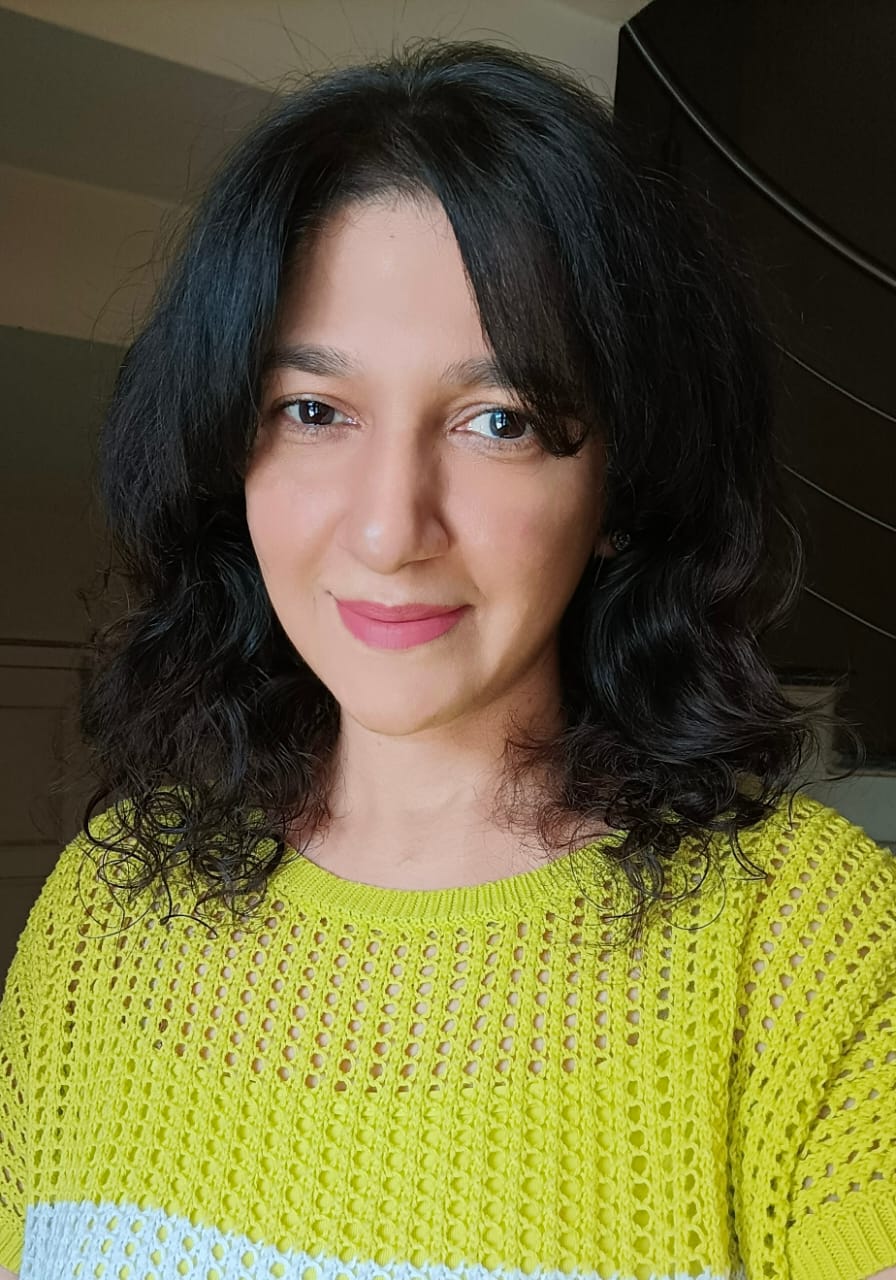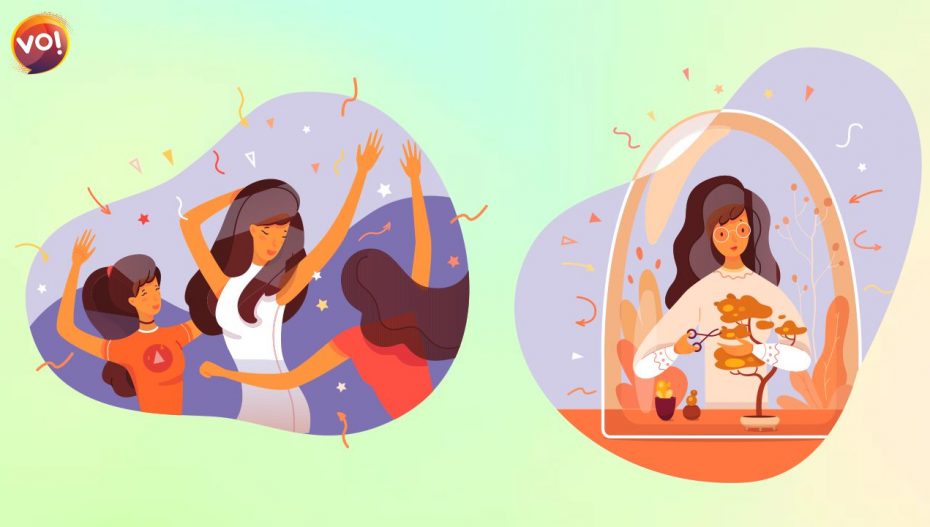Seems the idea of best friends has undergone a dramatic change over the years. A lot has been altered by the “friend image” in movies, social media and fictional stories. Girls, in particular, are influenced by mushy thoughts and dreams of having a shoulder to lean on. “Girl-pal” and “girl-gangs” are in and are a comfort zone for those who do not want to bond too deep with any one person. However, it is not important to have that ‘best friend for life’ , not having them might actually prove to be good for us.
Team VoI talks to human behaviour analysts to understand the upside of why is maybe okay not to forge dreamy best friendships.
According to Dr Mamta Shah, having just one best friend limits our circle of intimacy and support. “It leads to unrealistic expectations from that person, which more often than not ends in disappointment,” shares Dr Shah, the consultant clinical psychologist and psychotherapist.

She elaborates that picking out one “best friend” in school, college or the workplace comes with its difficulties. “All these situations are competitive in nature. You are in a group of peers where constant assessments, comparisons as well as impressing each other and authority figures are at play. This can trigger loss of self-esteem and confidence or can lead to jealousy for being less endowed,” as she puts it.
Her suggestion harps on the benefits of having many close friends, each with their own unique qualities. “Different people can be your close friends at different times too. We can rely on and get support from each one depending on our situation at the moment. People are not going to be there all the time and this applies to yourself too. Each person comes with their own experiences and one must account for that. Hence depending on one best friend, all the time is asking for too much,” she cautions adding that relationships are built over a period of time. Hence, expansion of your friend circle helps keep the kindness and goodness flowing rather than stagnating after a while.
To help understand better, Dr Kalrav Mistry, consultant psychiatrist, sexologist and de-addiction specialist, Shalby Hospital, puts forward a pertinent point. “We are faced with many cases of youngsters making friends with unknown people online. They connect through social media and then their bond changes into expectations. When those expectations don’t meet their demands, the built-up frustration is vented out through self-harming behaviour,” points out the expert.
Dr Mistry also talked about the huge problem with GenZ. “Boredom. GenZ tends to jump in and out of bonds very often. At their vulnerable age, it drives girls into depression and adolescent and teenage boys into an addiction to pornography and a lot of self-harming tendencies,” states Dr Mistry.
He urged on adult-guardians to goad teenagers into passionate pursuits so that dejection in a relationship can be “sponged” into a creative or sports following. “Past experiences must not be a lesson. A lot of girls now travel alone, spend time alone in their comfort zone, float a new venture or hang out with old school friends. They have finally realized that they don’t need any close friends or boyfriends,” the consultant adds.
Echoing Dr Shah’s strategy, Dr Mistry too believes that it is best not to have that one so-called “best friend.” Given that loneliness and depression are modern age woes, we cannot pin our emotions on one person only. “A family member who we can completely trust might be a better idea. Everyone does need a shoulder to lean on and when the going is rough, this one person should be someone who is available,” Dr Mistry suggests.

Without holding any gender bias, Dr Mistry also notes that jealousy has taken a rise among young girls. “Girls tend to feel betrayed when someone’s popularity makes them feel inadequate. Then jealousy sets in. Ego tiffs and emotional turmoil are higher in women,” he adds.
The silver lining is that seeking help is no longer a taboo subject. Both professionals state that families must, in the course of bringing up children, also casually put in the availability of medical help nowadays. “We must grow up as people, ready to seek help with mental pain, just as we seek a doctor for physical disturbances,” is the signing out note from Dr Mistry.












